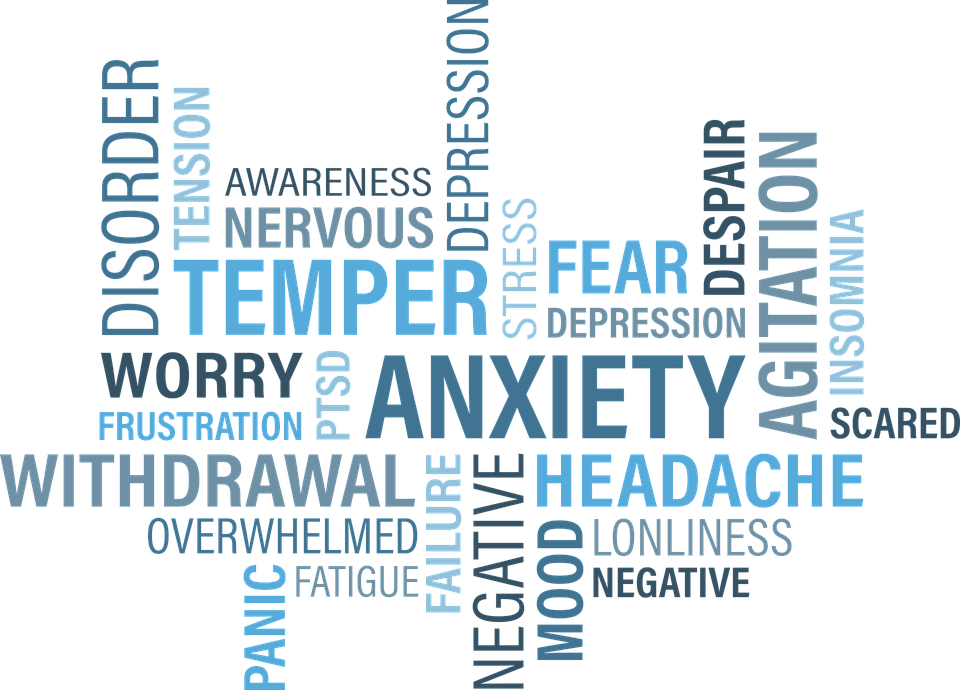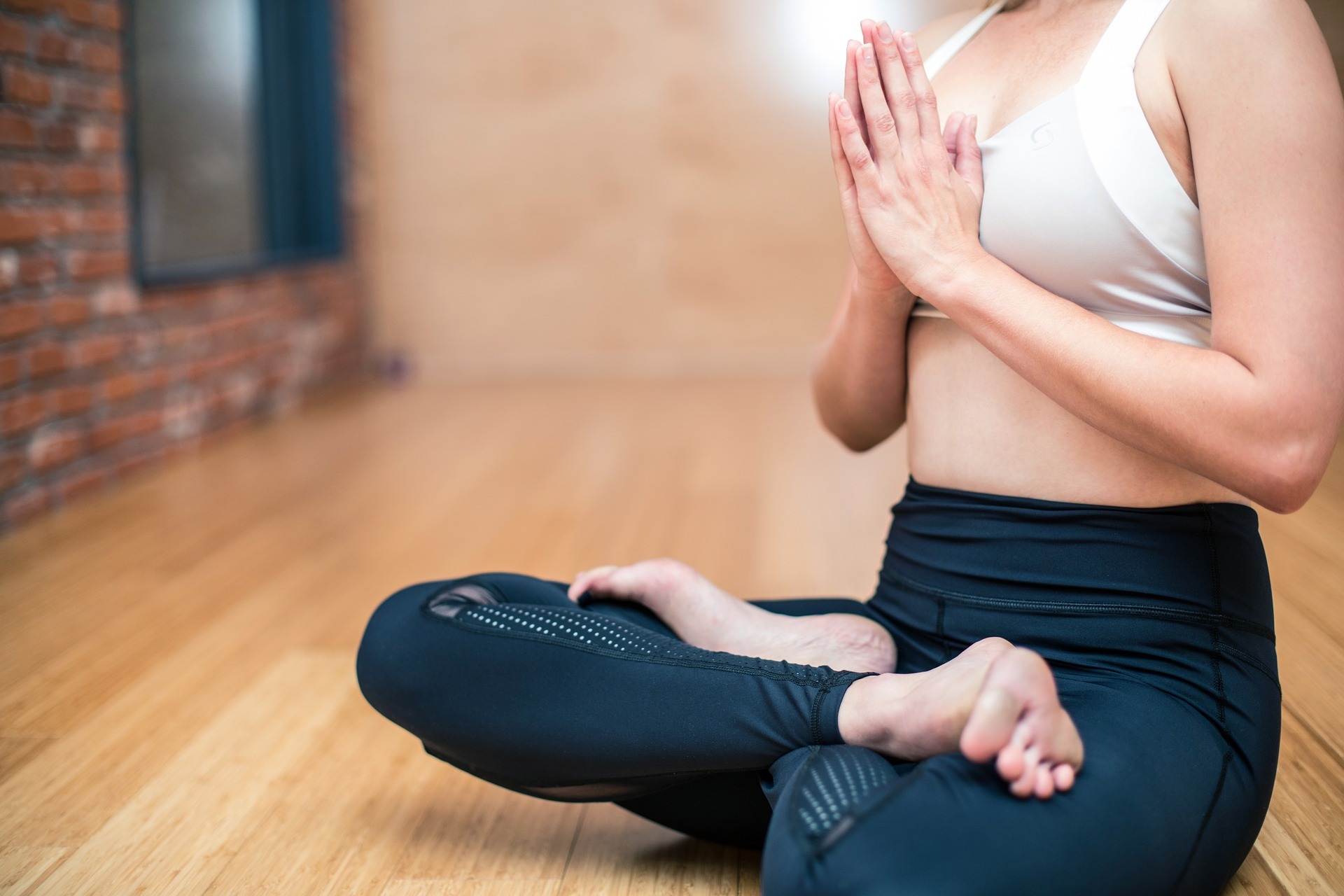
Coping with an uncertain COVID future
Just when it looked like the pandemic’s end was in sight, along came the fourth wave — and with it rising swells of frustration from both vaccinated and unvaccinated Canadians.
“Today: no mask, no entry. Tomorrow: no vaccine, no job; Someday soon: no microchip; no rights,” read a sign waved by an angry protester greeting Liberal leader Justin Trudeau at a recent election campaign stop.
“I think everyone wants the pandemic to be over but we have different ideas on how to get there.”
Dr. Karen Zhang, an HHS psychologist, shares ways to cope with uncertainty as the pandemic continues.
Meanwhile, many vaccinated Canadians are feeling mounting frustration with the unvaccinated population, fearing that their decision is slowing the country’s recovery and overwhelming hospitals. Unvaccinated Canadians account for the majority of new cases as well as the majority of people in hospitals and intensive care units.
“I think everyone wants the pandemic to be over but we have different ideas on how to get there,” says Dr. Karen Zhang, a psychologist with Hamilton Health Sciences who shares ways to cope with uncertainty as the pandemic continues.
Acknowledge your feelings
“People believe that their own idea is the best way to move forward, and they may decide to impose their view as a way of trying to gain control,” says Zhang.
In times of uncertainty, people try to take control as a way to cope. Feelings of anxiety, anger and frustration can bubble over when people feel a loss of control.
Regardless of where people stand on vaccines, it’s ok to feel angry and frustrated. “It’s healthy to acknowledge negative feelings,” says Zhang. “But it’s not appropriate to act on these feelings by confronting people who don’t agree with you.”
Zhang also warns against trying to spin negative feelings into positive ones, like sympathy or empathy. “Burying negative feelings, or trying to replace them, can create inner conflict and add another layer of stress, so give yourself permission to acknowledge negative feelings without acting on them.”
Focus on the `small picture’
The uncertain future is especially hard on those who find comfort in long-term planning. But this is one of those cases where big-picture thinking is actually not helpful because there are so many factors at play that are out of our control.
Making long-term plans, only to have them derailed by changing COVID restrictions, can lead to feelings of sadness, defeat and a loss of control.
“Chances are, you’ve been more resilient than you think.”
Instead, try concentrating on short-term planning to help yourself feel happier and more in control. “The more immediate, smaller actions should be the focus,” says Zhang. “For example, if your child’s birthday is coming up in a few months, now’s not the time to start fretting about what the party might look like if the pandemic is still here. Instead, consider what kinds of activities you can do this week, or this month, so you have something fun and doable to look forward to in the immediate future.”
If the budget allows, consider supporting local businesses impacted by the pandemic. “While you can’t change the big picture, you do have the power to support your community, family, friends and neighbours in a safe, socially-distanced way,” says Zhang.
Own your emotions
If you’re feeling overwhelmed, try reflecting back on your coping strategies over the last year-and-a-half. “Consider the times you’ve shown strength and resilience,” says Zhang.
Maybe you found more time for family dinners, or you organized a Zoom movie night for your kids and their friends. “What has worked well for you since the pandemic started? What tips would you share with others in a similar situation? Chances are, you’ve been more resilient than you think.”




